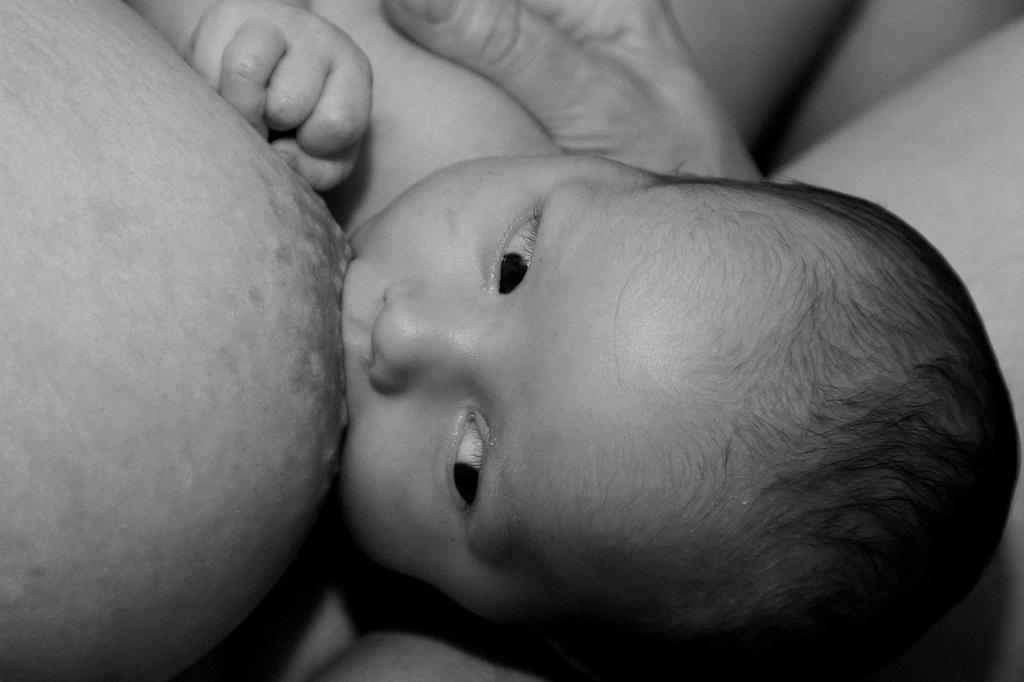When it comes to discussing feeding options for infants, it’s essential to use language that is inclusive and sensitive to the diverse experiences of individuals. While the term “breastfeeding” has long been a commonly used phrase, it’s crucial to recognize that not everyone may feel comfortable with this terminology.
One alternative phrase that can be used in place of “breastfeeding” is “chestfeeding.” This term acknowledges that individuals beyond those who identify as female may also nourish their infants in this way. By using “chestfeeding,” we can create a more inclusive environment for all parents and babies.
Similarly, the term “bodyfeeding” can also be substituted for “breastfeeding” to encompass a broader range of experiences. This term emphasizes the act of feeding a child with one’s body without being tied to specific gendered anatomy, making it more accessible and respectful for all parents.
It’s important to understand that nonbinary or transgender individuals may not resonate with the term “breastfeeding” due to their gender identity or body dysphoria. For these individuals, using terms like “chestfeeding” or “bodyfeeding” can create a more affirming and comfortable space when discussing infant feeding practices.
By expanding our vocabulary and being mindful of the language we use, we can ensure that all individuals feel seen, respected, and included in conversations about infant feeding. It’s a small but meaningful step towards building a more inclusive and supportive community for parents of all genders and identities.
When engaging in discussions about infant feeding, it’s essential to prioritize sensitivity and understanding. By being open to alternative terminologies such as “chestfeeding” and “bodyfeeding,” we can demonstrate our commitment to inclusive and affirming communication practices.
Language has the power to shape our perceptions and experiences, so choosing our words carefully can have a significant impact on how individuals feel heard and valued. By embracing inclusive language in discussions about infant feeding, we can foster a culture of acceptance and support for all parents.
It’s worth noting that language evolves over time, reflecting our changing societal norms and values. As we strive to create a more inclusive and equitable society, adapting our language to be more welcoming and affirming is a crucial part of that process.
Ultimately, the goal of using alternative phrases like “chestfeeding” and “bodyfeeding” instead of “breastfeeding” is to promote inclusivity, respect, and understanding for all individuals involved in infant feeding. By embracing diverse linguistic choices, we can create a more compassionate and supportive environment for parents and children alike.
As we continue to learn and grow in our understanding of gender diversity and inclusivity, it’s important to be open to new ways of thinking and communicating. By being receptive to alternative terminology and perspectives, we can foster a culture of empowerment and acceptance for all individuals, regardless of gender or identity.
In conclusion, choosing to say “chestfeeding” or “bodyfeeding” instead of “breastfeeding” can have a profound impact on how we discuss infant feeding practices. By using language that is inclusive, respectful, and affirming, we can create a more supportive and accepting environment for all parents and babies.

